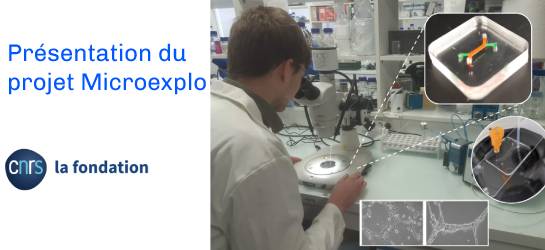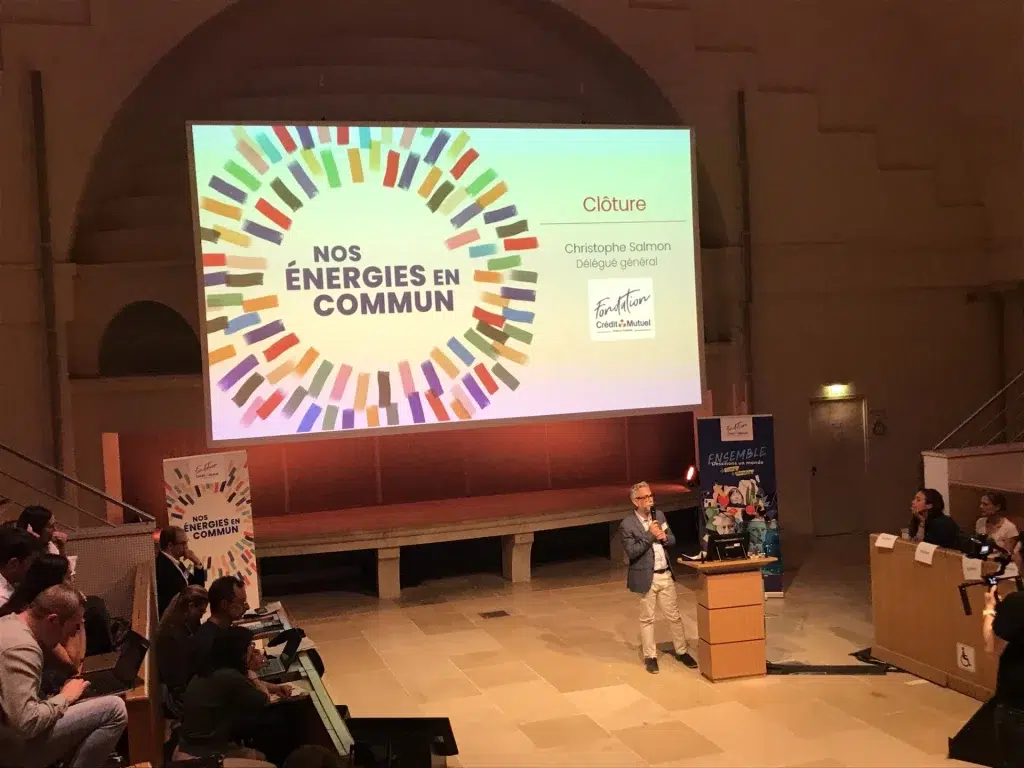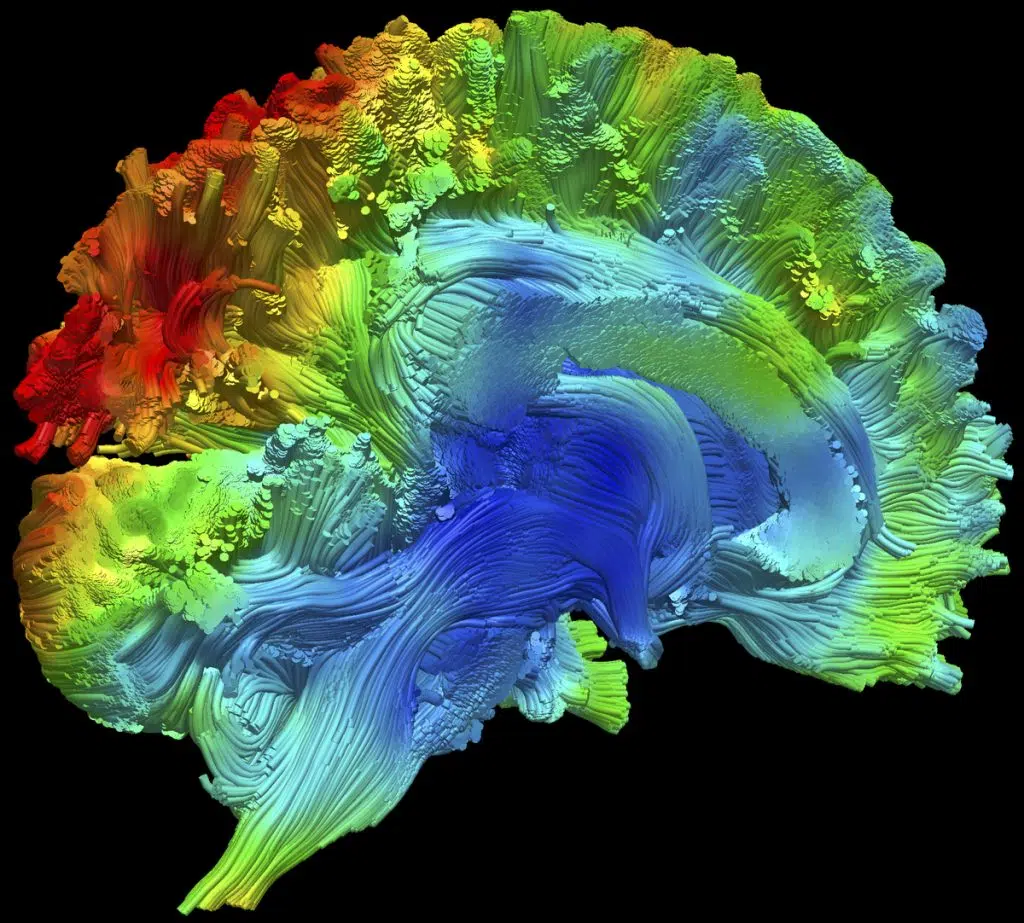Microexplo project presentation
The CNRS Foundation is supporting the creation of the Microexplo laboratory, a collaborative structure dedicated to exploring techniques for the physico-chemical control and measurement of the cellular environment, enabling the manufacture of biomimetic organs-on-a-chip.
This project has its origins in a need expressed for several years by teams at the Laboratoire de Biologie du Développement de l’Institut de Biologie Paris Seine (CNRS UMR7622, Sorbonne University, Paris). It was made possible thanks to the generosity of a donor, Nelly Kieffer (1950-2021), a former CNRS researcher, who wished to support the laboratory’s research through a donation to the CNRS Foundation.
Biology is currently witnessing an explosion in approaches to in vitro reconstitution of functional organs (organ-on-a-chip, also known as microphysiological systems) using either differentiated cells or stem cells. These systems hold out the hope of providing a better response to major human health issues: construction of models more faithful to the reality of native tissue, detailed understanding of pathophysiological processes at various scales, development of new drugs, use of patient cells for personalized medicine.
While enabling new discoveries in fundamental research, and offering the potential for biomedical innovation, they also respond to a desire to reduce animal experimentation for ethical reasons.
Organ-on-a-chip approaches require recreating in vitro culture conditions as close as possible to those encountered in an organ in vivo: interactions between different cell types, three-dimensional culture, reconstitution of the chemical and physical environment of the cells and the organ. The manufacture of these systems therefore requires in-depth multidisciplinary knowledge ranging from cell function (cell biology) and organ and organism formation (developmental biology) to physics, chemistry and engineering.
The Microexplo collaborative laboratory will combine different complementary and synergistic approaches: microfluidic development, microfabrication, mechanobiology experiments and biological validation of exploratory culture systems. It is designed so that each researcher, doctoral student or student, depending on his or her problematic, can design, manufacture and adapt his or her own customized microphysiological system, to answer a precise biological question. It is collaborative, as each project will receive help from competent colleagues within the laboratory or institute.
The Microexplo project, dedicated to the development of new interdisciplinary approaches in a collaborative spirit, fits in well with the spirit of the donor, who has put her career at CNRS at the service of research and innovation.
1 See the portrait of Nelly Kieffer (https://fondation-cnrs.org/portrait-grand-donateur-nelly-kieffer/)




